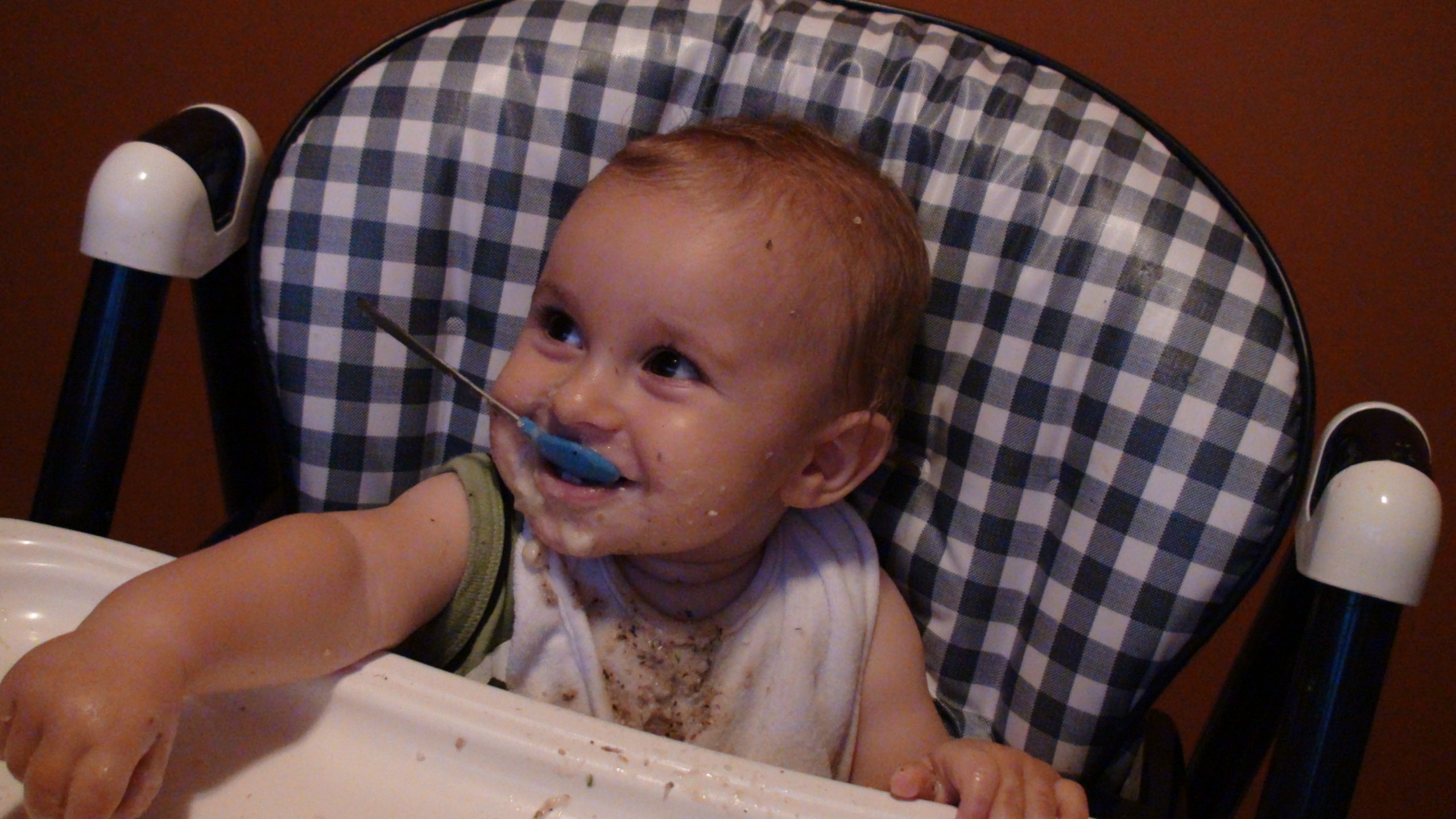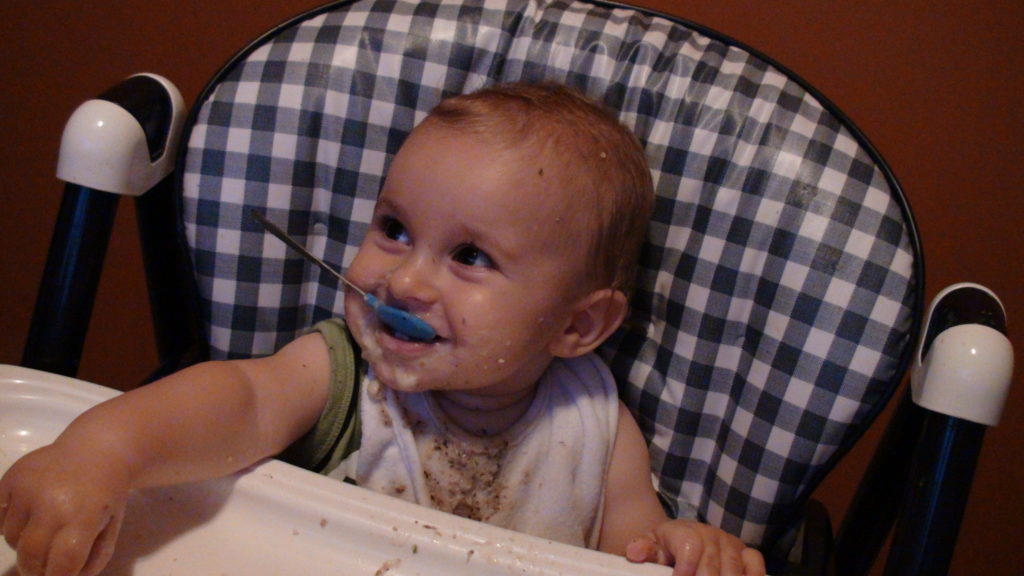Parenting, financial stress, not being able to make ends meet, job insecurity, lack of health insurance or health insecurities, an inability to do the things that bring us joy, and a general lack of easeful living can be an incredibly difficult circumstance to experience and can easily trigger overwhelm. Any one of these stressors can be difficult to cope with; but the combination can be crushing.
In my last post, I talked about the importance of breath in helping us stay both grounded and oriented to upright. In this post, I’m going to talk about a back-door approach to supporting our ability to breathe easy through these difficult times, which is to
make the time period between 7-9p a sanctuary for joy.
In fact, particularly if you have kids, this sanctuary needs to start earlier, at dinnertime. Dinnertime needs to be a time of joy, laughter, play and connection. Forget the habituation to criticize, correct, teach or scold at dinnertime. Just don’t. Let it go. Criticism at this time is terrible for the spirit. If you notice distasteful behaviors during dinnertime then bookmark it and do the work of “pre-teaching” between the hours of 9a-4p. During these hours, you can then recall “Hey…I’m noticing this at dinnertime. I’d like to notice other behaviors because…insert your WHY here, for example: it’s important to me that we all enjoy our time around the dinner table, and I find this behavior distracting to my joy; or, I would REALLY like to enjoy eating dinner with you, and I have a hard time enjoying our time together when you do this, or…. Then introduce the pre-process on coaching another behavior and/or creating a game or system to help encourage the behavior(s) that bring more joy and ease to dinnertime. These systems may include setting and holding loving boundaries and consequences. At dinnertime, make a concerted effort to notice the behaviors that you want to encourage and acknowledge those instead. Also, when setting and holding boundaries, do so in a matter of fact way, without bringing anger or irritation to the table as well. Do post-processing work the following day, between 9-4. Check-in with each other. How did it go? See if you can point out three things to celebrate and encourage for every one observation that points to a need for course-correction.
This practice of putting attention to the things we want rather than the attention-demanding things we don’t want is very critical. In the words of The Incredible Years: We get what we pay attention to (note how this strategy can be used for elections); so let’s consider carefully what we want, and let’s train our attention to notice and acknowledge (very important) these behaviors.
This dinnertime practice is a bit of an aside but it is important because it sets the stage for a joyful evening. The time between 7-9p is an important time for playing games, making music, reading together or doing the things that bring you JOY. This is not a good time for engaging in stressful activities like money management, watching the news, etc. Save those activities for earlier in the day. This is a time for joy and preferably joy that doesn’t use interaction with screens, as blue light from screens can be disruptive on sleep patterns. Make screen time during this time an exception rather than the rule. For the more habituated pattern, see if you can think of some joyful, non-screen activities. Run your own personal experiment. Be a fierce protector of joy during this time for a week or two and see how it lands with you and your family. Avoid being critical within this window. It’s not the time for it. Pay attention, acknowledge, and praise the things that you enjoy and appreciate about those around you.
There is ancient, Taoist wisdom here that I will acknowledge in another post when I introduce my heritage in this realm; but more important then ancient wisdom is whether this small, behavioral shift can make a big impact for good in your life. Please let me know what you find out if you run this experiment!

p.s. Before running the experiment, you may want to consider mentioning to the others involved that you are going to be doing something different. There are different levels of details needed, depending on age. The benefits of articulating that you’re trying something different to littles who are deemed to “not know any better” it that it establishes the habit in us adults and I also got a sense with my little that “the littles” understand a sense of non-verbal communication even if they don’t really get the meaning and they appreciate being kept in the loop.
Copyright (2020) by Rachael D. Mueller according Creative Commons Attribution-NonCommercial-ShareAlike 4.0 International
https://creativecommons.org/licenses/by-nc-sa/4.0/legalcode
